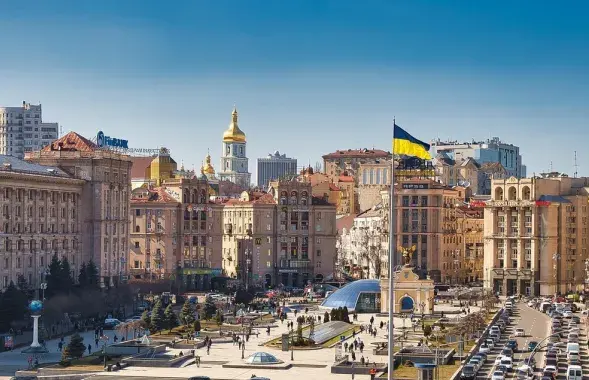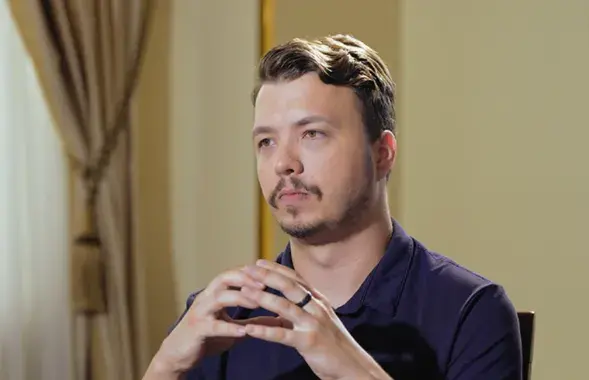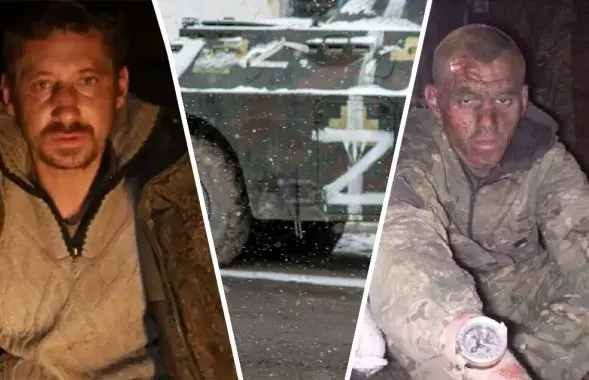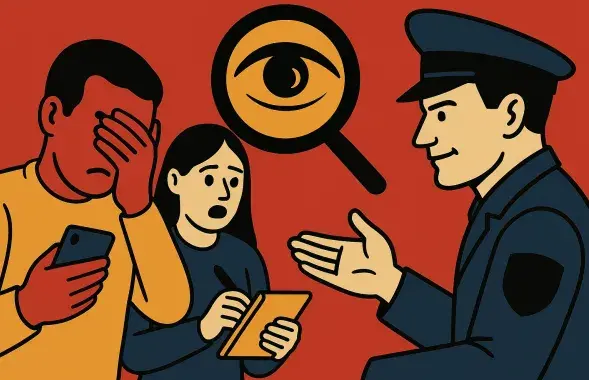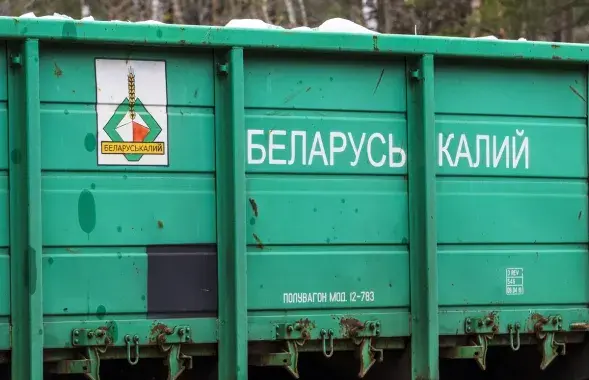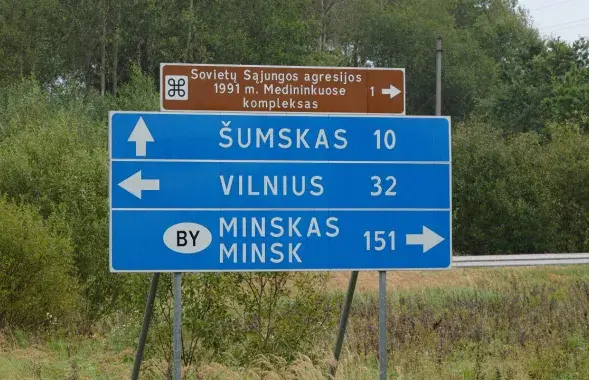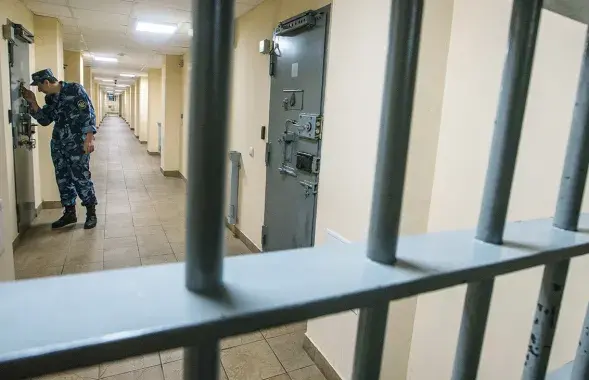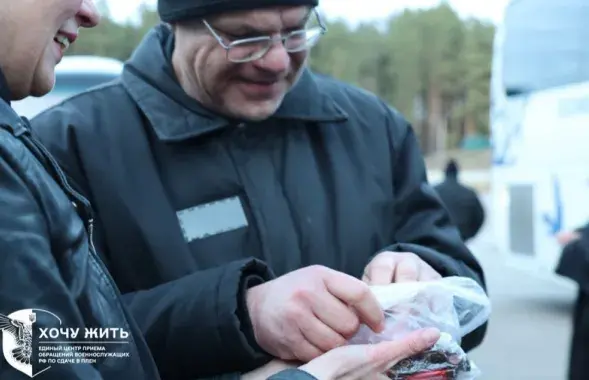Interview with former Polish president Alexander Kwasniewski
ERB: Mr. President, what language shall we speak? I heard you speak several languages.
You can ask your questions in Belarusian. I understand.
ERB: I want to ask about the most recent dilemma: Olympics, China and Tibet. It is hard to choose between the Olympic and Western values (human rights, justice, a right to national identity) and the might of China and sponsors of the Olympic Games. From the point of view of a former chairman of the Polish Olympic Committee and a former president, how should this dilemma be resolved?
I used to be a sportsman and a chairman of the National Olympic Committee. I am also a politician. From my point of view, two things fall out of the discussion. First: Athletes must go to the Olympics, because the years of preparations and hard work should not be wasted. Respecting their long years of efforts, I would appeal to all the athletes in the world to go to the Games and compete in accordance with the fair-play rules, enjoying the victories.
Olympics are not for politicians. Olympics are not designed to resolve the problems of certain regions. This is a fest of sport; the embodiment of the ideas of peace and friendship. The second thing is what we as politicians should do. All of us, ranging from myself to president Bush, including president Lukashenka, EU, president Medvedev, must state that we will not go to the Olympic Games’ opening ceremony. This will be a problem for the Chinese government. But there is still time before August 2008 to resolve political problems through negotiations. I can imagine it would be a wonderful picture to see Dalai-Lama standing next to the presidents of China, Germany, Russia and France. It would be great to go there in several months after negotiations take place and see Dalai-Lama there.
ERB: I can’t imagine, but it would be good.
I can’t imagine yet, either. But I am talking about it deliberately in order to set out the direction and start working on it. To make a long story short, I say no to the sport boycott; and I say yes to the political boycott. Meanwhile, we should use this remaining time for negotiations in order to motivate the Chinese authorities as regards the situation in Tibet and other human rights issues in China.
ERB: There is an opinion in Belarus that Western democracies cannot interfere with China’s internal affairs, because it is a huge country. At the same time, they interfere with Belarus’s internal affairs, because it is a small country. Where do human rights end and country’s sovereignty begin? Or, where do human rights begin and sovereignty end?
We live in a global world with open borders and media. And none of us diminishes the right of governments to pursue their policies on condition that human rights, the rights of minorities, the freedom of speech and the freedom of media, etc. are respected. There is no notorious Brezhnev’s interference in this case. There is a belief that in a common world we must ensure that basic democracy and human rights standards are respected. Just imagine that we live in a multi-storey building and know that one floor below someone is beating his wife. Someone reacts, and someone says: don’t interfere.
The principle of non-interference is advantageous. One can say: do whatever you want to do; this is not our problem. But if we are guided by common democracy standards, this principle of “non-interference” loses sense, I believe. It would be an interference with the other country’s internal affairs, if we would try to impose a taxation system or the laws passed by the parliament on this country. But when we talk about human rights, the rights of minorities, the rights of women, neighborhood, there is no interference. This is a struggle for general standards which aim to keep the world in peace and prevent it from military conflicts. It would be a mistake to say that we are not “interfering” with China’s affairs. This reaction and criticism over Tibet are very sound.
ERB: You met Alexander Lukashenka in 1996. What did you talk about and what is your impression of Alexander Lukashenka?
It was a working meeting. Actually, I made a very risky political move, because many political circles in Poland were very critical. I wanted to show that Poland wants to be open to neighbors and that we want to talk to our partners. Furthermore, despite political differences, we have a lot of things in common like borders, cross-border activities, cooperation of small-size businesses, etc. We had a talk. Perhaps, it did not lead to any huge political results, but it gave a chance to continue cross-border cooperation and the business of small companies. I had opportunities to get to know president Lukashenka when I met him later many times. You know he is the other type of politician. Yes, I’ll put it this way.
ERB: Despite Lukashenka is the other type of politician and it is quite difficult to talk with him, you offered himself as a mediator between Belarus and the West.
At the moment, we have set up a task force, meaning a group which looks for understanding. It is not natural that Russia has a good contact with the EU, while Ukraine wants to join the European Union and the Baltic States are already EU members. The only empty place or vacuum in Europe is Belarus. We want to get out of this situation, especially because it is not good. It is not of advantage to Belarusians. I don’t care about the authorities. Governments change. I do care about the wonderful Belarusian people so that they have a European prospect. That’s why we talk about it also with the Belarusian authorities. We negotiate in the framework of the European Union. We try to talk. It is a hard and slow process. But it is always better to talk than to keep silence. This situation should not be frozen.
ERB: Who is your group talking to: Foreign Ministry or President’s Administration?
Both.
ERB: How is it going? Can you reveal details?
It is moving slowly ahead. But these things are too sensitive for me to speak out loud about. I will just say that the talks are moving hard. But I don’t only hope; I am convinced that everything will be eventually okay. Can you imagine a world where Russia and Ukraine are close to EU structures, what about Belarus? I am sure this situation will change in a certain way. In my view, the policy of the Belarusian government is the biggest hurdle in this case. But it will have to change too. One needs to work this way or another.
ERB: You say that Russia is close to EU and NATO. How do comment on the recent situation over Ukraine and Georgia?
I think that Georgia and Ukraine should be EU and NATO members. They have their place there, because they have chosen so. I’d also like to sat that I realize clearly that Russia will also join NATO one day.
ERB: Russia?
Why not? Russia today is one of NATO’s main partners. Russia has a strategic partnership with the United States. Russia is an extremely important actor at the international arena in the field of security and the fight with terrorism. I don’t see any reasons for Russia to oppose to NATO in a long-long perspective. The Cold War is over. In this new situation, Russia is an extremely serious and necessary partner of the Western Europe and US. That’s why Belarus will have to change its policy.
ERB: Can you imagine that tomorrow Belarus will become part of the Russian Federation?
I can imagine, but I think I would not be happy if that happened. I think that the Belarusian identity is indigenous, not artificial. But from the political, military and economic point of view, I can imagine that.
ERB: Can Russia (with or without Belarus’s incorporation) become a country that will choose its own way of development through confrontation with the West?
I believe that Russia has neither a possibility nor a chance to oppose to the processes of globalization. No doubt, Russia will have its own place. As long as it possesses huge reserves of gas, oil and nuclear weapons, Russia’s position will be special. But it will be a special position among several important actors on the political scene, mainly US, China, India, Japan, and EU and Brazil and Latin America in several years. It means that Russia will be one of 6-7 main actors, but it will be linked with Europe; because the majority of Russian interests are connected with Europe.
Russians can say whatever they want, but Russia is a very European country in terms of culture. Like Belarusians. For you, there is nowhere to run. Europe is a common natural space, a sphere of behavior where you feel at home. Some stupid things could be done politically, but culture is an invincible thing. That’s why I am confident about the European future of Belarus, Ukraine and Russia.
ERB: It seems that the Pole’s Card has made a lot of noise in Belarus. There are even voices saying that Poland eyes our land (e.g. Hrodna region) by allegedly making ethnic Poles in Belarus closer to their homeland. What is your attitude to the Pole’s Card?
The Pole’s Card is a long-awaited document for many ethnic Poles that live outside Poland. Who is this minority? Let me explain. Perhaps, they don’t understand it in Belarus. Minority is the people who have never changed their residence. Due to political and military decisions, they lived on the territory of Poland and the territory of the USSR. Now they live in Belarus. But they have always lived at home. They speak Polish, go to Roman Catholic church and want to make contacts with Poland. This is not a problem. This is about giving them a chance so that they have a realization in the cultural sense. I don’t see any problem that people in Hrodna, Navahrudak or a couple of more places connected with the Polish history want to speak Polish.
If I were President Lukashenka today, I would even set up an institution to help learn the Polish language in local cultural communities. It would promote mutual understanding, because this is not a problem at all. Likewise, when I was the president of Poland, the Belarusian minority, schools and publications were supported. There are ethnic Belarusians living here. They are the citizens of Poland, but they possess the Belarusian culture and tradition. We live in a multi-cultural and multi-religious world where politics have changed the borders. With those changing borders, it is very important to understand that respecting human beings is the most important thing. A Pole who lives in Belarus should feel equally respected and secure like a Belarusian living in Poland. He or she has the right to speak and study in the native language; to teach children the native language; to go to church of the chosen religion, etc. The Pole’s Card is the document which makes it simpler for the Poles who live anywhere in the world to get in contact with the Motherland. There are many technical issues, e.g. visas which should be removed so that a person feels connection with the Mother, the language and culture. It is nonsense to say that Poland wants to tear a piece off Belarus.
ERB: There is an opinion that Poland depends on EU and ES in the same way as Belarus depends on Russia. What would you say to that?
In 2003, Poles decided at a national referendum that they wanted to become part of the European Union. If Belarusians decide at a referendum, that they want to live in Russia, we will not protest. If it is going to be a democratic referendum, we will accept the will of our neighbors. If the referendum is falsified, the world will protest. A false referendum and a false democracy do not mean a real referendum and a real democracy. Fake marriage is not a marriage. A falsified contract means crime, etc. But when the majority of the people say freely that they want to be part of Russia, we will respect that.
We will always build good relations with Belarusians, because we have a long common history. We respect and like you. There are many people in Poland who have ties with Belarus. Poland decided to join the European Union. I would like to tell my listeners in Belarus that we are very happy with this fact. It was one of the best decisions. Economy is developing. There is less unemployment. There are funds to build roads and develop economy. We can travel around Europe without visas. Poland is an influential country in EU. Frankly speaking, this is one of the best successes of my presidency that we joined the EU and can now yield the results of this move.
Alexander Kwasniewski (born in 1954) was elected for two terms as the Polish president. He ruled the country from December 23, 1995 through December 23, 2005. Under his presidency, Poland joined the European Union (2004) and NATO (1999).
He was a member of the Polish United Workers’ Party in 1977-1990. Kwasniewski participated in the round table a Solidarnosc representative in 1989. He chaired the Polish National Olympic Committee in 1988-1991. In 1990, Kwasniewski founded the Social Democratic Party and remained its leader up to 1995. He took part in creating a leftist coalition (SLD) before the elections in 1991. He was a member of the Seim twice and headed the SLD parliamentary club. Kwasniewski took part in the Polish-Jewish dialogue.
Kwasniewski was the main mediator between Victor Yushchenko and Victor Yanukovich during the 2004 Orange Revolution in Ukraine. For his mediation efforts, he was awarded with the honoris causa doctor title from the Kiev-Mogilyany Academy in 2005.
He had several meetings with Alexander Lukashenka and is part of the ‘task force” or a group of European politicians who try to engage in a dialogue with the Belarusian authorities. The group also comprises former foreign ministers of Lithuania, Ukraine, Hungary and Bulgaria.
